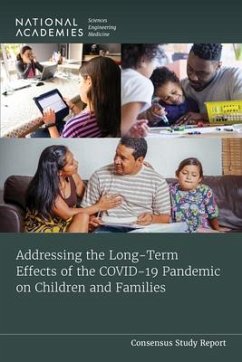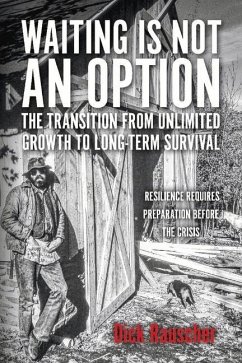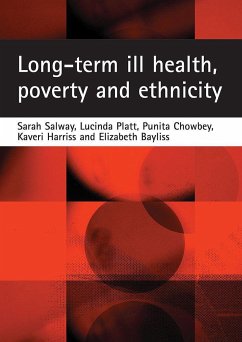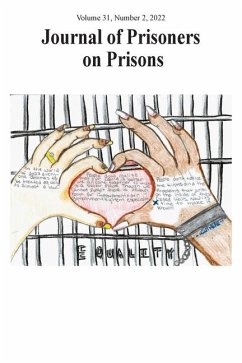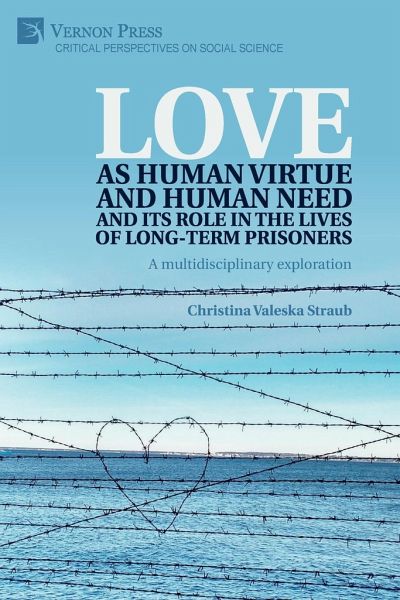
Love as human virtue and human need and its role in the lives of long-term prisoners
A multidisciplinary exploration

PAYBACK Punkte
27 °P sammeln!
While the importance of love is rarely questioned, the effects of its presence and absence in certain environments often goes unnoticed. This book analyses the role of love in the lives of prisoners in a low security English prison. It seeks to provide a deeper insight into the meaning and role of love as a dual concept in the social-ecology of human existence, human development and well-being, and sets out to encourage a critical and practical (re)consideration of the potential benefits of love¿s (re)inclusion into the prison set-up and purpose. This qualitative multidisciplinary analysis - ...
While the importance of love is rarely questioned, the effects of its presence and absence in certain environments often goes unnoticed. This book analyses the role of love in the lives of prisoners in a low security English prison. It seeks to provide a deeper insight into the meaning and role of love as a dual concept in the social-ecology of human existence, human development and well-being, and sets out to encourage a critical and practical (re)consideration of the potential benefits of love¿s (re)inclusion into the prison set-up and purpose. This qualitative multidisciplinary analysis - based on psychological, moral philosophical, neuroscientific, and sociological literature - will appeal to postgraduates and early career researchers across the social sciences, as well practitioners of Criminal Justice and others interested in offender rehabilitation, and the effects of prison.



